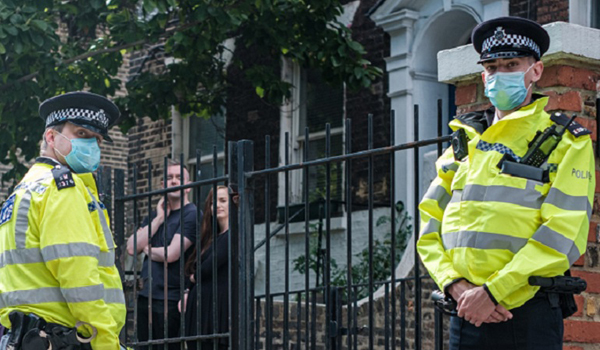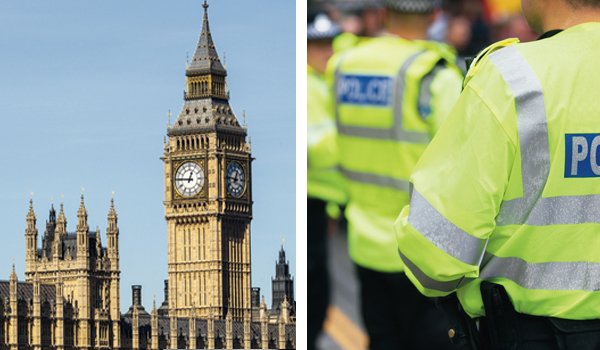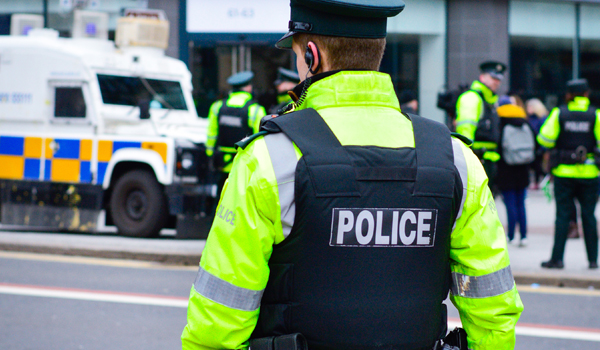Pandemic, place and police
Covid-19 put us in our place. When we locked down and our territories shrank back to the range of our legs, many of us found our local connections unexpectedly deepen.
Our permitted exercise set us on new paths, we noticed the birdsong on quietened streets, shopped for our neighbours, joined local online forums, and added detail, colour and depth of association to our local mental maps. But as we got to know our places better, we were also put on our guard. Our essential errands often felt tinged with invisible danger, and we became acutely aware of how much our safety co-depends on those who share our places.
As we emerge from the strange darkness of global pandemic, and as governments, police services and public agencies begin to consider its lasting policy legacy, these reminders that ‘place’ still matters and is deeply connected to our safety – even in our complex, globalised, highly digitised world – should remain vivid in our minds.
Covid revealed the multiple domains of the modern policing challenge. As we hastily shifted new facets of our lives online, organised criminals reacted with frightening speed, and for those living with domestic abuse, staying home meant anything but staying safe, but the greatest disruption to police business occurred, not in these digital or private spaces, but in the traditional public, ‘analogue’ places from which we temporarily withdrew.
As our routine activities and the incessant din of police ‘demand’ quietened for a while, the police took up a new challenge: how to achieve public compliance with the most restrictive set of controls imposed on social life since the Second World War. As they quickly realised, these were not laws that could be enforced, or at least, could only be done so with ‘strategic discretion’ after efforts to engage, explain and encourage had been exhausted. The only feasible option was to evoke the ‘British’ tradition of policing by consent and seek public compliance through persuasion and soft power.
Now is the time to ask: how effective did this approach prove for ensuring public safety? How well charged were police batteries of soft power? How well-tended was the home ground on which they sought the cooperation of the public? And how should we best prepare for our next pandemic (or our next unspecified civic crisis) that will test our public services and require each one of us to play our part?
We know that community policing approaches, that are rooted in place, can generate the legitimacy from which public cooperation flows; that trust is nurtured by dialogue and relationship and reciprocal recognition that each party understands something of the other’s motives, identity, and ways of seeing the world; that co-production and resilience grow where communities and police know where each other are coming from. And yet it has proved impossible to sustainably ‘re-place’ our cops.
Modern policing models seem inevitably to recalibrate towards incidents or ‘cases’, rather than places. Our Neighbourhood Policing model eroded and contorted under narratives of austerity, modernity, and unknown, unnerving risk. Recent College of Policing guidelines and glimmers of Uplift restaffing are welcome, but in reality, there has been no significant reinvestment in the policing of place (despite occasional bursts of political rhetoric). But now is the time for a new narrative, a modern story about the need for a police service more deeply connected to communities and rooted in the places where we live. The threads and plotlines, the characters and locations, are out there, it is time to draw them together.
The discussion paper ‘Police in Place: why the police need to reconnect locally’, is available at:
Andy Higgins
Research Director, The Police Foundation






